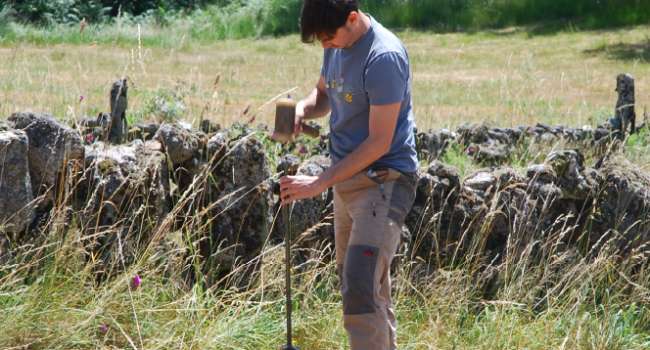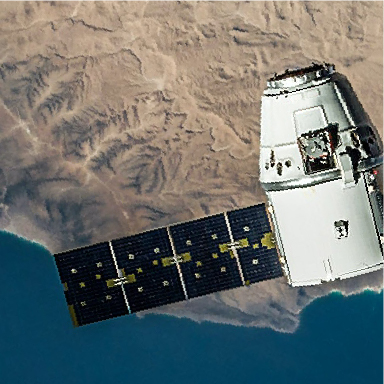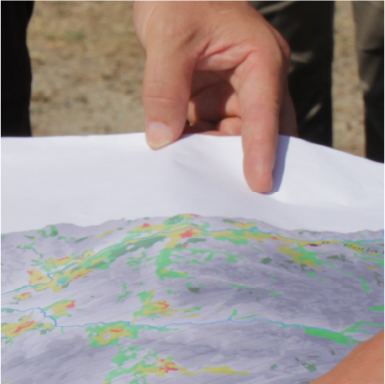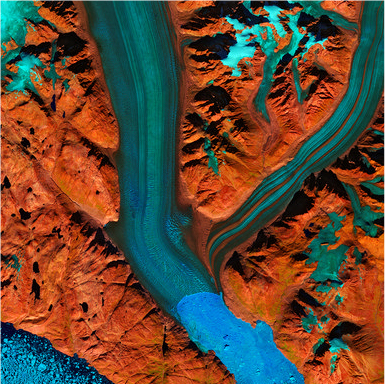Using satellite and field data, the SeverusPT project aims to provide, in a periodic and timely manner, relevant information on the evaluation and prediction of fire severity. By including national entities engaged in fire management, planning and land management, Earth Observation and the general public, the project aims to monitor, protect and support ecosystem restoration.
SeverusPT is a scientific research and development project in the scope of the 2019 Forest Fire Prevention and Fighting Call, funded by the Portuguese Foundation for Science and Technology (FCT, ref. nr.: PCIF/RPG/0170/2019). SeverusPT is led by BIOPOLIS/CIBIO/InBIO – Center of Excellence in Environmental Biology, Ecosystem Research and AgroBiodiversity of the University of Porto in consortium with IPVC – Polytechnic Institute of Viana do Castelo, which together form the project core development team.
SEVERUS_PT – A WEB-BASED DATA PRODUCT AND SERVICE FOR FIRE SEVERITY ASSESSMENT AND PREDICTION IN MAINLAND PORTUGAL
The Challenge
Despite vast investments in fire suppression, the frequency of extreme fire events has been increasing across Mediterranean Europe.
These extreme events, exacerbated by global climate change and fuel accumulation, often override the capacity of fire-suppression systems, putting human lives and livelihoods at risk.
Assessing and predicting the effects of those events on ecosystems (i.e., fire severity), especially under a changing climate, is paramount for effective fire prevention and fighting.
Surprisingly, there is a major gap of publicly available, standardized, and validated datasets on fire severity.
In SeverusPT, we propose to overcome this major gap, by developing a framework for assessing, mapping, and predicting fire severity, based on satellite-derived indicators of ecosystem functioning related to carbon, water and energy balance.
The framework will be developed, tested, and validated at several spatial scales in mainland Portugal.
The Approach
The increasing availability of satellite data allows detailed characterization of the various effects of fire on a large scale.
Spectral and ecosystem functioning indicators extracted through remote sensing (matter and energy fluxes) are especially useful for assessing fire severity.
The proposed framework will be developed, tested, and validated at various spatial scales, in continental Portugal, supporting analysis pipelines and predictive modelling that allow spatial projections of historical and potential severity.
Complementarily, a web service will be developed to provide these products in a continuous and standardized way, supporting preventive fire risk management, surveillance and combat, and post-fire restoration.
To ensure pragmatic and relevant outputs, the most relevant national stakeholders in fire management, planning, land management, and Earth Observation will be involved from the beginning in co-designing and developing the fire severity products and web service.
Objectives

Create a robust, efficient and spatially explicit framework to assess, map and predict fire severity

Deliver a useful, co-designed product/service that significantly improves the institutional and operational capacity to manage fire hazard and post-fire restoration

Develop a solid collaboration environment with key stakeholders aiming to deliver a useful product/service and to ensure its future improvement and long-term sustainability

Develop, disseminate, and share a set of scientific outputs contributing to advance the state-of-the-art in fire severity mapping and modelling, its driving factors, and its links to fire hazard management
Newsletter
Subscribe and follow all our updates. We are working to build a better future for all.
Join us.
Funding
- FCT – Fundação para a Ciência e a Tecnologia (279,848€)
- Reference: PCIF/RPG/0170/2019
- Date: 2021 (duration three years)








